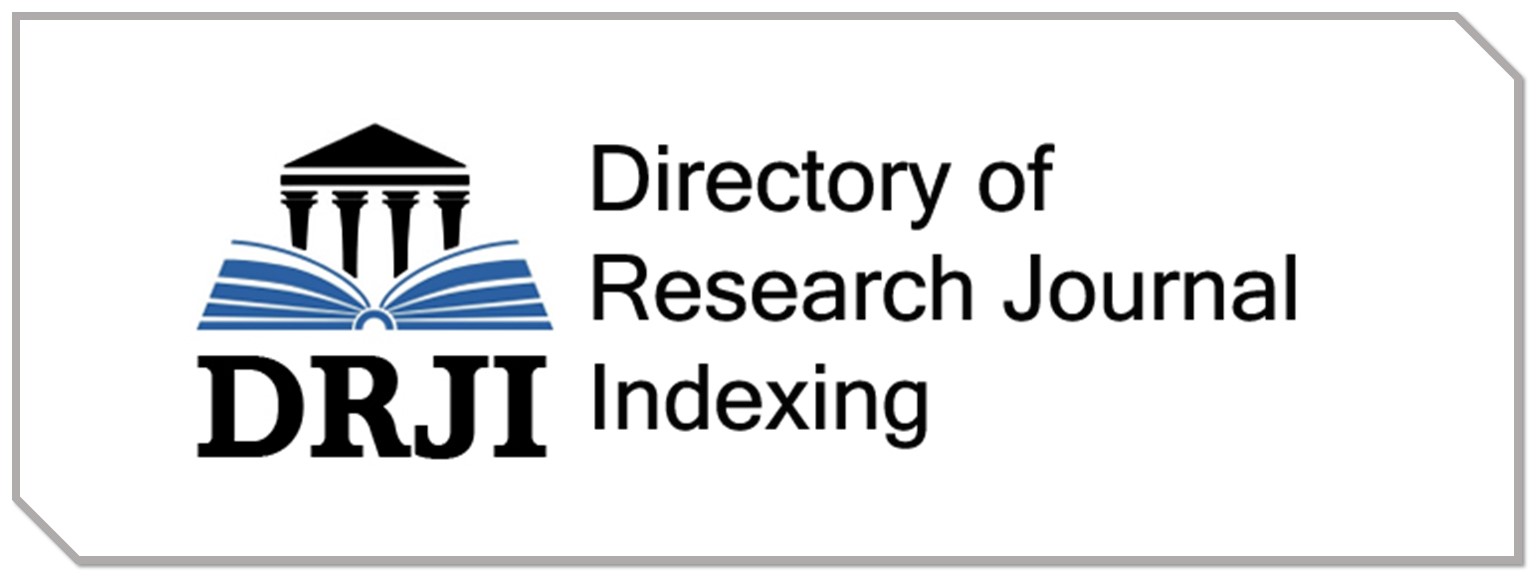The Problem of Equivalence in English-to-Uzbek Literary Translation: A Semantic and Stylistic Approach
Keywords:
equivalence, literary translation, semantic adaptation, stylistic transfer, translation strategy, cultural specificity, English-UzbekAbstract
This article investigates the multifaceted problem of equivalence in the translation of English literary texts into Uzbek. Focusing on semantic and stylistic levels, it analyzes how differences in language systems, cultural frameworks, and literary traditions influence the process of achieving faithful and artistic translations. Selected examples from translated texts illustrate the key difficulties and the strategies used by Uzbek translators to preserve meaning, form, and emotional resonance.










